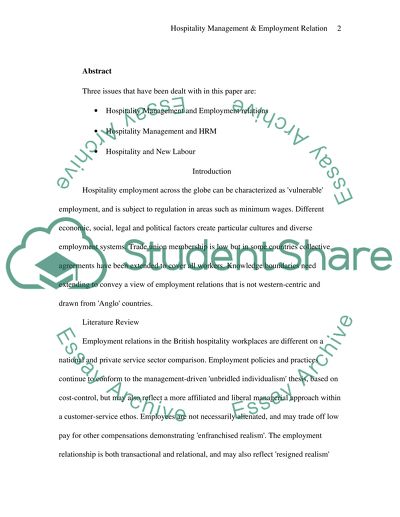Cite this document
(“Hospitality Management and Employment Relations Essay”, n.d.)
Retrieved from https://studentshare.org/sociology/1519844-hospitality-management-and-employment-relations
Retrieved from https://studentshare.org/sociology/1519844-hospitality-management-and-employment-relations
(Hospitality Management and Employment Relations Essay)
https://studentshare.org/sociology/1519844-hospitality-management-and-employment-relations.
https://studentshare.org/sociology/1519844-hospitality-management-and-employment-relations.
“Hospitality Management and Employment Relations Essay”, n.d. https://studentshare.org/sociology/1519844-hospitality-management-and-employment-relations.


